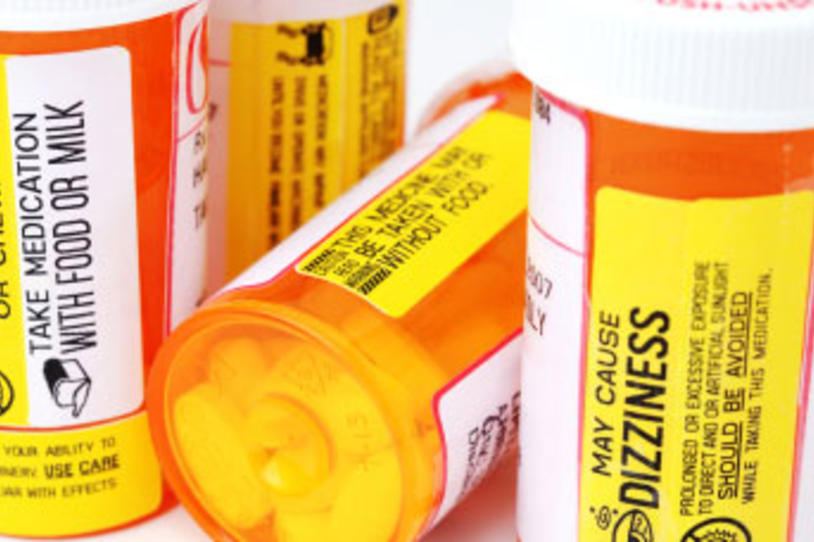
In a recent blog post for the Journal of Parkinson’s Disease, science journalist and Parkinson's patient Jon Palfreman talks drug repurposing. A group of researchers—led by Patrik Brundin, MD, PhD, and sponsored by the UK-based Cure Parkinson’s Trust—examined compounds developed or used to treat various diseases and conditions for possible use in treating Parkinson’s disease (PD). They found that 10 out of 26 held enough promise to merit study in PD clinical trials.
While repurposing is no more guaranteed to yield new treatments than any other line of inquiry, Palfreman lays out the case for its potential in Parkinson’s disease:
Setbacks have made the mighty pharmaceutical industry increasingly risk averse; they’re reluctant to bear the enormous costs (on average about $1.3 billion and 15-18 years per drug) of developing CNS medicines.
Discovering safe and effective new drugs is an inherently risky business. According to Princeton health economist Uwe Rheinhardt, it’s “like drilling for oil. You hit a lot of dry holes before you hit a gusher.” … So, for every blockbuster like Lipitor, there are dozens of compounds that turn out to be ineffective—in essence, pharmacological dry holes. But what if they weren’t really worthless? What if a drug designed to do one thing (e.g. treat diabetes or cancer) turned out to work against a neurodegenerative condition like PD?
While that $1.3-billion price tag is staggering, recent analysis has shown that for larger companies the cost of making one drug can climb closer to an unfathomable $6 billion.
MJFF has paid particular attention to drug repurposing (also called repositioning) over the last few years. Beginning in 2005, our early investment in pioglitazone, a diabetes drug, led to follow-on funding from the government enabling a Phase II clinical trial. The Foundation launched a repositioning-specific Request for Applications in 2010, funding nine research teams, and today MJFF research partners are testing drugs used for high blood pressure, heart disease and other indications for potential benefit in PD. Additionally, in a unique partnership, MJFF is sponsoring a phase 1b clinical trial of Sanofi's drug candidate AVE8112, which was previously in development for Alzheimer's disease and has shown promise in pre-clinical models of cognition.
Read more on drug repositioning from Jon Palfreman and on our Fox Feed blog.
